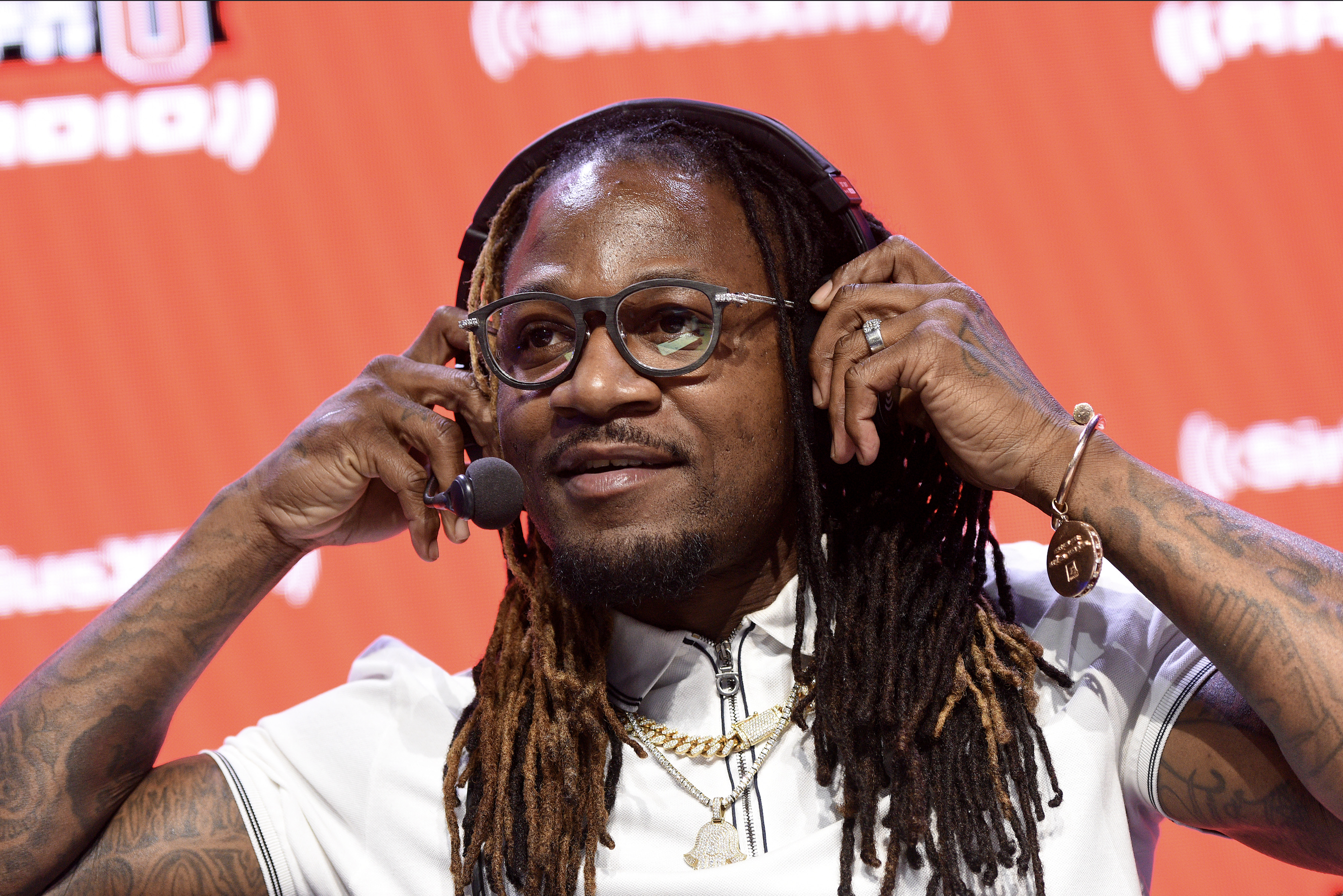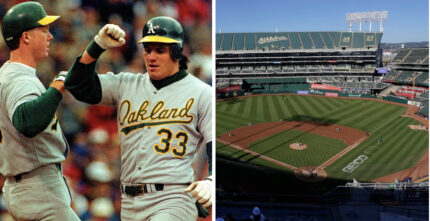Does America’s Pastime even want anything to do with us?
I was always taught to never go places I wasn’t invited.
And right now, it sure feels like the game of baseball is doing its damnedest to let black people know that we’re not wanted in the game that we once made great.
A recent report by the New York Times examined how HBCU baseball teams aren’t even black anymore.
“It did catch me by surprise; I’m not going to lie,” Bethune-Cookman infielder Clarence Carter told the Times about his initial reaction after transferring to BCC from a community college in California. “I would have thought coming to an HBCU there would be more black people, but things aren’t always what you expect.”
It’s gotten so bad at a place like Bethune-Cookman that there have been times this season where they haven’t started an African-American, as there are only four on the roster. However, this isn’t just a BCC or HBCU baseball issue, as according to the NCAA, only 4% of college baseball players were African-American in 2018.
Earlier this week, The Shadow League profiled how some HBCU baseball programs are dying, as Winston Salem State announced in March that this would be the program’s last season. The Rams join Howard, South Carolina State, and Morgan State as HBCUs that have cut their baseball programs in recent years.
It’s a trickle-down effect from what’s taking place in the Major Leagues, as African-Americans only comprised 7.8% of Opening Day rosters this season, which is a far cry from the 18.7% in 1981.
And while I admit to not being the biggest fan of baseball, largely due to how they’ve treated African-Americans for decades, there are still many African-Americans that love the game, despite all the recent examples that point to how baseball’s culture isn’t too fond of us.
In 2017, Baltimore Orioles outfielder Adam Jones was called the N-word and had peanuts thrown at him during a game against the Boston Red Sox at Fenway Park. Other black players around the league quickly confirmed that the behavior wasn’t out of the norm in Boston.
In 2018, before the season in which he won National League Rookie of the Year, Atlanta Braves outfielder Ronald Acuna Jr. was reprimanded because he had his hat cocked to the side during an interview. The Braves didn’t think his appearance wasn’t “professional” enough.
Later that season, fans in Milwaukee gave white Brewers pitcher Josh Hader a standing ovation after he avoided suspension when he took the mound in his first game back in front of hometown fans after old racist and homophobic tweets of his surfaced. Two more similar incidents involving white players also occurred.
And last November, it was discovered that Major League Baseball donated $5000, the maximum, to Republican Senator Cindy Hyde-Smith after she publicly stated to a crowd, “If he invited me to a public hanging, I’d be on the front row.”
And this season, the Tim Anderson incident happened, proving once and for all that Major Leagues Baseball has no idea how to deal with black people.
As I said, if baseball really wanted us around, the game sure does have a funny way of showing it.
On January 31st, we celebrated what would have been Jackie Robinson’s 100th birthday. And in February, we lost Frank Robinson, the man that became MLB’s first black manager in 1975.
When you think about what those two pioneers did for African-Americans and the game of baseball, and then consider the state of the game now, it makes you wonder what happened to all of the progress that baseball and the MLB love to promote, despite it being a false narrative.
Next Friday, the inaugural HBCU World Series will take place in Chicago at Guaranteed Rate Field featuring Southern University and North Carolina A&T.
The game is thought to be a great marketing tool for HBCU baseball and a push for diversity in the game.
I’m not buying it.
Because unless MLB Commissioner Rob Manfred and other top managers and team owners are in attendance, it will be just another example of America’s past time pretending to care about us.



